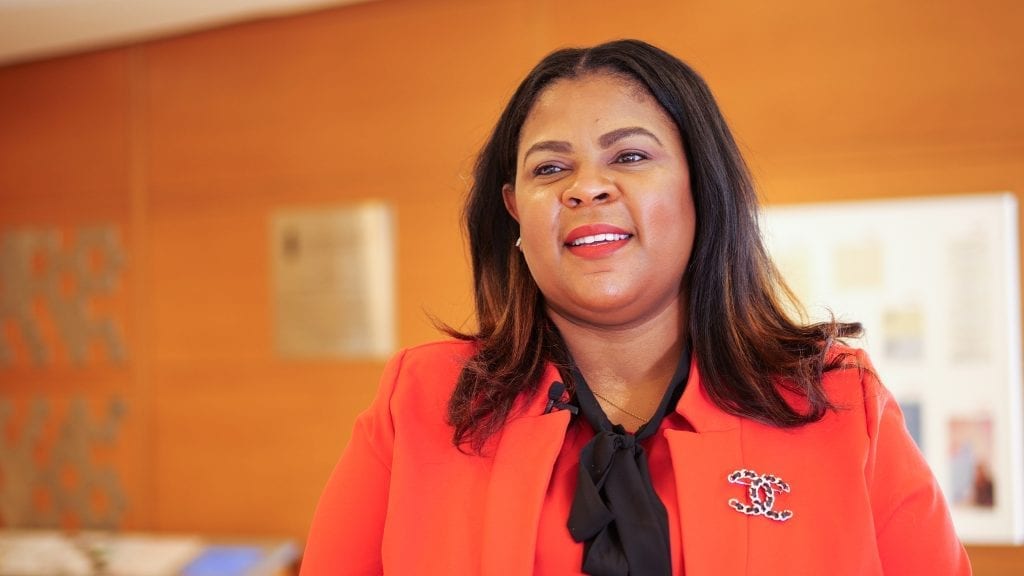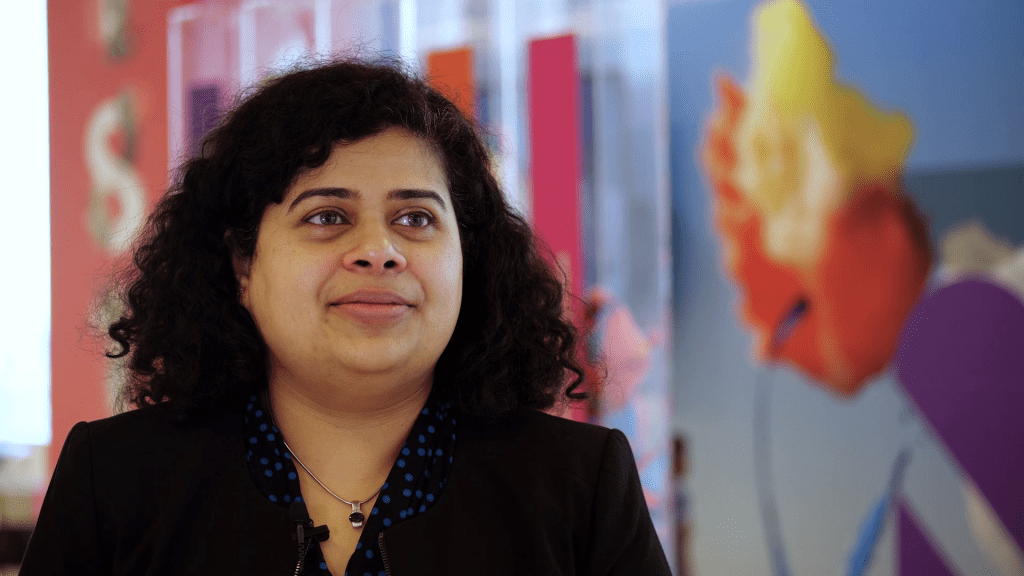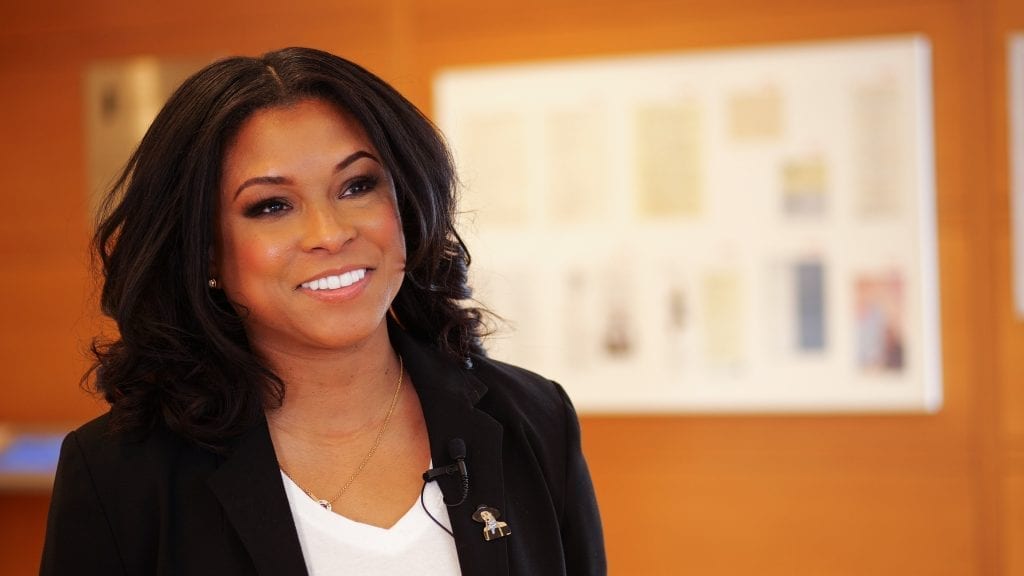Molly Q. Ford knows the importance of mentors and sponsors. She’s had both in her career, helping her move to her current role as Senior Director of Global Equality Programs at Salesforce.com.
“At Salesforce, we have Salesforce Women’s Network. It’s one of our oldest and largest employee resource groups, and they’re focused on three things. The first is community. How do you find your Tribe, find your people, what does that mean to you in terms of finding your mentor, your next job.”

Much like a counselor, mentors help mentees understand the industry, profession, company, etc. by sharing their experiences, perspective, and advice. A mutually beneficial relationship, the mentor gains leadership skills and fulfillment from helping someone, while mentees gain knowledge, add skills, and build their networks. Mentorships can be informal or formal—it’s up to both parties to define the parameters.
Find several mentors and design the relationships to fit your needs. For example, you might pick someone who represents where you want to be in one year, five years, and at the end of your career. Or, you might pick people who have had very different experiences to get to where they are. Make sure your mentors are diverse to give you a more complete and valuable perspective.
“It can be as simple as mentoring someone who doesn’t look like you,” said Ford.
Aarti Borkar is another woman leader challenging the status quo. She leads IBM Watson Talent’s product management and design, globally. She’s on the front lines of IBM Watson’s AI solutions, which have been deployed in thousands of engagements with clients in 20 industries and 80 countries.

She explains that mentors can help break down barriers – real or perceived.
The initial barriers are what I thought was ok, and you get that because of what you see around you. You need the constant reminder to grab the seat at the table, say what you want to say, and don’t change who you are.
Her reminder: Don’t underestimate the power of mentors in helping mentees craft a vision for their career.
“A lot of people believe they know what is right for the person standing in front of them, especially women. Even with the best possible intentions, we sometimes don’t give the person what they need, which is access to information versus a directive.”
While multiple mentors are good, you need a sponsor to propel your career forward.
“Sponsorship is someone who has skin in the game, who’s advocating for you,” Borkar distinguished between the two.
Ford remembers how her sponsor made the difference in helping gain the management support she needed to host a women’s conference years before the concept became mainstream. She pitched the idea to her executive sponsor first who sold it in for her to the leadership team.
“It came to fruition because the executive I shared it with took my idea into rooms I wasn’t in. She took my ideas into rooms and advocated for me, but more importantly, she kept my name on it, so once she pushed the idea forward and got the necessary approvals on it, she was able to bring it back to me and say go forth, here’s your idea, go run.”
By ensuring Ford got the credit, she gained a new level of consideration and esteem with company leaders.
That’s career sponsorship—where someone has some skin in the game. Someone goes out on a limb for you, and not only that, democratizes that the best idea wins, period, no matter whose bringing that idea forward.
Minda Harts, founder of the Memo, a career development company for women of color, had a similar experience with sponsorship that fueled her career trajectory.
“I think about a gentleman, we’ll call him Bob for this interview. Bob was really great because had a seat at the table. He had me under his wing. He did not look like me. He was much older. He saw I had the bandwidth, the tenacity, and the grit to be at the table. While my resume would say one thing, my experience would show I could actually do the work. He gave me a shot, I took it, and the rest is history,” said Harts.

She details more in her upcoming book, The Memo, a career guide for Women of Color.
All three women acknowledge the importance of having strong mentors and sponsors in their career journeys, and they continue to cultivate those kinds of relationships today.
“Don’t be ambivalent about your career… I’m a big advocate of having those success partners, some call them allies, to really help accelerate your career,” she said.
This is part of a series exploring some of the trends in Diversity and Inclusion impacting business today.
